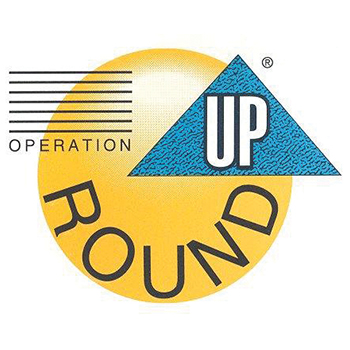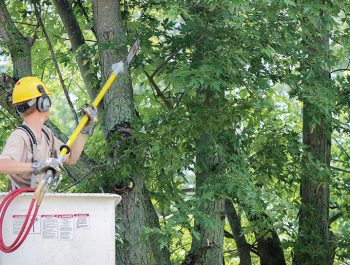
Marshall County REMC
 Marshall County REMC is a member-owned electric cooperative headquartered in Plymouth, Indiana. As a cooperative, Marshall County REMC follows seven core principles that are universal to cooperatives worldwide. Among those principles is one stressing education, training and information. Indiana Connection, a monthly magazine published especially for Indiana’s electric cooperative members, is one way the REMC informs and educates its members. Indiana Connection is available not only in a print format, but as an electronic publication for those who prefer getting their information on their electronic devices.
Marshall County REMC is a member-owned electric cooperative headquartered in Plymouth, Indiana. As a cooperative, Marshall County REMC follows seven core principles that are universal to cooperatives worldwide. Among those principles is one stressing education, training and information. Indiana Connection, a monthly magazine published especially for Indiana’s electric cooperative members, is one way the REMC informs and educates its members. Indiana Connection is available not only in a print format, but as an electronic publication for those who prefer getting their information on their electronic devices.
More Stories
Nominating committee
The committee to nominate qualified candidates for a seat on the board of directors met on Friday, Nov. 15, at the Marshall County REMC building. This year’s committee comprised the following Marshall County REMC members: Adam Souder, Kurtis Zechiel, Todd Laudeman, Richard Parker, Brent Johnson, Steve Barry, and Tracy Thayer. Marshall County REMC Director Robin… Continue reading.
Tree trimming and spraying for 2025
At Marshall County REMC, we strive to provide our members with reliable and affordable electric service. To keep your power flowing smoothly, we work hard to maintain the quality of our electric lines. Two major issues that can disrupt your electric service happen when tree limbs and plant growth interfere with or fall on overhead… Continue reading.
Reflecting on a year of growth and progress
Looking back on 2024, it’s been a year of meaningful steps forward for Marshall County REMC. We have welcomed three new team members whose talents and commitment will enhance our service to you, our valued members. One of our most significant achievements this year has been converting to a new account management system designed to… Continue reading.
Marshall County REMC 2024 Recap
MARSHALL COUNTY REMC CONVERTED TO A NEW SOFTWARE: NISC (NATIONAL INFORMATION SOLUTIONS COOPERATIVE) We are coming up on one year with our new system, NISC! We hope you have found that the new system has enhanced your electric experience with us. If you haven’t already, register your SmartHub account to directly manage your electric account,… Continue reading.
Local organizations receive Operation Round Up grant
Robin Neidig of Blessings in a Backpack – Plymouth (left) and Chris Garner of the Marshall County Neighborhood Center The Operation Round Up program awards local non-profits with grants to support the work they do in the community. The Marshall County REMC Operation Round Up® board awarded $3,820 to the following organizations: Plymouth’s Blessings in… Continue reading.
Weathering the snowstorm: Power providers prep to endure winter extremes
When people hurriedly get ready for volatile winter weather, electricity generators are already prepared — and have been for months. As a generation and transmission cooperative, Wabash Valley Power Alliance (WVPA) works with the power plants it owns to ensure that they are ready to weather the worst each season. That means handling searing summer… Continue reading.
A message from the CEO: Capital credits distribution
I am excited to announce that at the end of November, we will distribute capital credits to our members. This year, we are retiring capital credits for the years 1966-1970, and as a cooperative, it’s our privilege to return these funds to you — our valued member-owners. For members who were on the line from… Continue reading.
Frequently asked questions
What is a capital credit? A capital credit is your portion of patronage in our company. Since we are a not-for-profit entity, any profits we make (referred to as margins) are returned to you, the member, in a portion of what you paid for the year. What are unclaimed capital credits? Unclaimed capital credits are… Continue reading.
Enroll in Operation Round Up: A few cents can make a big impact
They can when those pennies are combined with similar donations from other electric cooperative consumers. That is the whole premise behind Operation Round Up (ORU). Through the aptly named program, those who receive their electric service from a cooperative like Marshall County REMC can “round up” their monthly bill to the nearest dollar. So, if… Continue reading.















